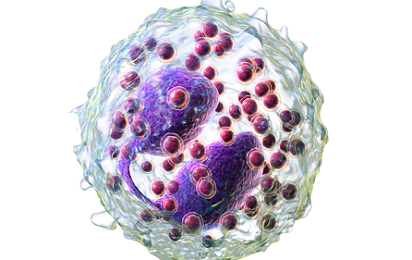A team of researchers led by Dr. Victoria Puig from the Hospital del Mar Medical Research Institute (IMIM), which also involved the Centre for Genomic Regulation (CRG), has studied the neural basis of intellectual disability in mice with Down syndrome and has discovered that the neural networks of brain circuits relevant to memory and learning are over-activated and that the connectivity of these circuits is poor.
The researchers have also observed that neural activity during sleep is abnormal and probably interferes with memory consolidation. The study has even identified biomarkers in brain rhythms that can predict memory deficits in the mice which are corrected by chronic treatment with a natural component of green tea, epigallocatechin gallate, which other studies have already shown to improve executive function in adults with Down syndrome.

The research team observed changes in head circumf...

AtCDF3 gene induced greater production of sugars a...

Un estudio con datos de los últimos 35 años, ind...

En nuestro post hablamos sobre este interesante tipo de célula del...

Research led by IIBB-CSIC and CIBEREHD scientists identifies S-adenosy...
Biotechnology portal in Spain
Subscribe to our newsletter and stay up to date with the latest news and deals!
2013 © Biotech-Spain.com - Site Developments SL. All Rights Reserved. Terms of Service | Privacy Policy
Articles
Directory
